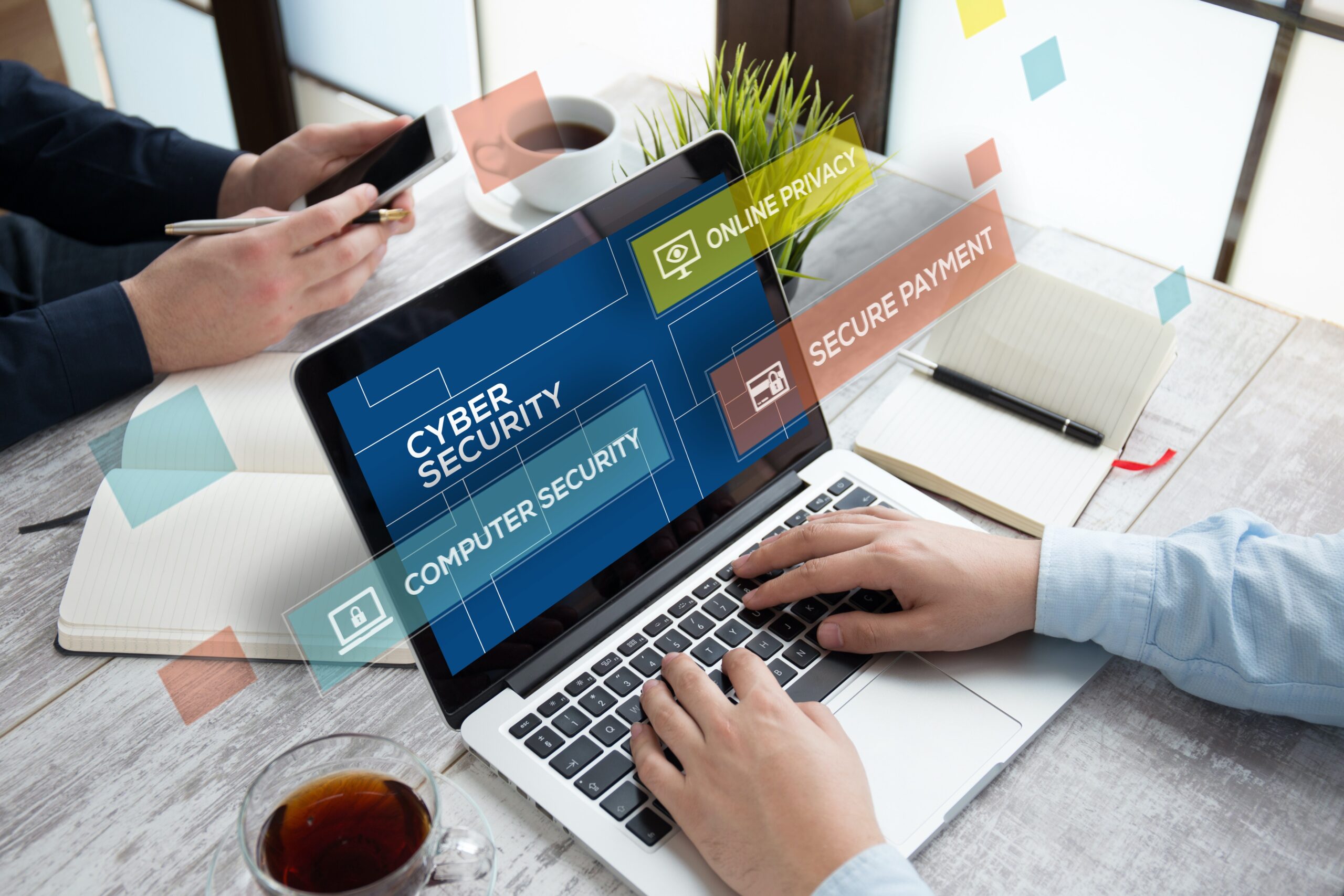Strong passwords should be used on all devices and to protect online accounts, preventing hackers from accessing them. Ergo Group recommend that all employees should use long, multi-character passwords, and using a two-step authentication process is a great way to stay cyber secure when working remotely.
This also applies to your router login and password. If you have never changed the login and password required to enter the router, this should be done now. Often the default passwords that are provided are weak and can be accessed on the internet easily.

